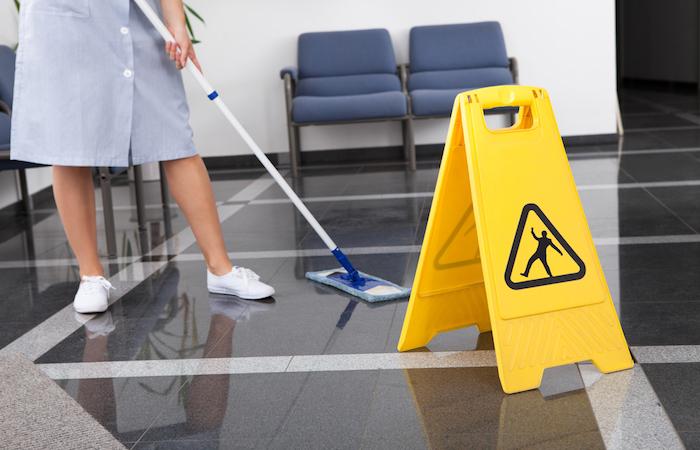On Friday October 26, MPs gave the green light to the creation of 4,000 new posts for medical assistants. Voted as part of the draft budget for Social Security for 2019, the measure is supposed to “give time back to doctors”, in particular to those practicing in desertified areas. But it is far from unanimous.

It is now done. On Friday October 26, MPs unanimously gave the green light to the creation of 4,000 medical assistant positions. Announced in mid-September by Emmanuel Macron as one of the major measures of the “My health 2022” plan, this creation of medical assistants should be definitively adopted at the end of December as part of the draft Social Security budget for 2019.
Thought as a solution against medical desertification, it must, according to the government, relieve doctors of tasks that are not the responsibility of medicine, and which contribute to their overwork. “We must continue to relieve doctors of acts that can be done by others. We will create posts for medical assistants, who will accompany and relieve doctors of simple acts. We will create as many as necessary. The goal of the five-year term is to deploy at least 4,000,” Emmanuel Macron said in September.
A hybrid position that does not appeal to healthcare professionals
The objective determined by the President of the Republic has therefore been achieved. But who will be medical assistants? According to the Minister of Solidarity and Health Agnès Buzyn, the profiles sought would mainly be those of “caregivers seeking retraining”. Their missions will be both caring and administrative. In addition to updating medical files, the assistants will be responsible for helping with reception, checking the status of vaccinations, taking constants or even helping with additional examinations such as the electrocardiogram.
A hybrid post, which raises questions and tensions, even within parliamentarians. Thus, the deputy Sylvia Pinel, co-president of the Radical Movement, argued that she doubted that the creation of posts for medical assistants was “the best way to revalorize general medicine”. On the side of nurses too, the measure is controversial. Unions and associations of the professions denounce in West France a “contempt of the government” and believe that the measure amounts to “serving on a plate to general practitioners ‘sanitarized secretaries’ paid by the community”.
To put it plainly: the creation of these medical assistants will certainly not by itself solve the thorny problem of medical deserts, and even less help to coordinate all the medical professions, which is essential for having an efficient health system, nor to better patient care. According to the text voted by the deputies, the deployment of medical assistants is “likely to concern several thousand medical offices or care structures” such as medical offices, homes and health centers, as well as health centers. In practice, it is mainly group practices that are targeted. Not sure that the doctor installed alone in a region in the process of desertification feels helped…
Another amendment adopted: that which validates the objective of covering the entire territory in professional territorial health communities (CPTS) “within three years”. Created in 2016, the CPTS designate the groups of health professionals in the city who organize themselves to structure the supply of care in their territory.
.














